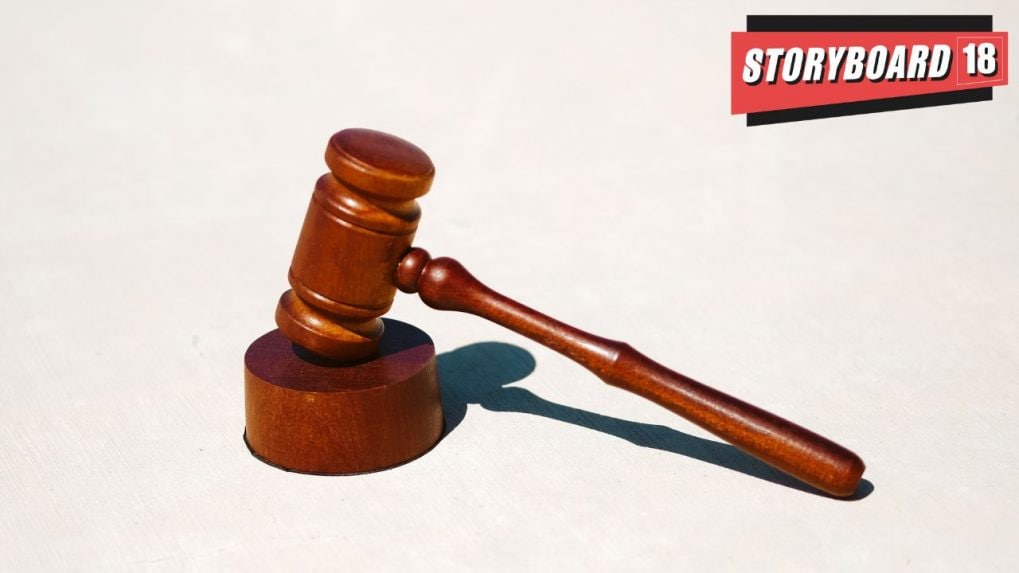Karnataka HC ruled on service tax inclusion in entertainment tax on TV broadcast
The High Court determined that 'amount received or receivable' for entertainment tax purposes can not include the service tax component.
ADVERTISEMENT
The Karnataka High Court has reportedly ruled that service tax should be excluded from the calculation of entertainment tax levied on TV broadcast subscription fees. Under Section 4G of the Karnataka Entertainment Tax Act, 1958, the HC ruled on service tax inclusion in entertainment tax calculation.
The High Court determined that 'amount received or receivable' for entertainment tax purposes can not include the service tax component.
The order, passed on February 20, follows the petition filed by Dish TV India, which challenges the Karnataka Appellate Tribunal (KAT)'s order (July 29, 2022) which upheld the inclusion of service tax while levying entertainment tax on DTH operators like Dish TV.
According to Dish TV, levying entertainment tax on the service tax would be constitutionally impermissible and would require a restrictive interpretation of Section 4G to exclude service tax.
The Section 4G levies a 10% tax on the subscription fee collected by DTH operators from consumers.
That apart, the last year enactment of the Karnataka Cine and Cultural Activist Welfare Bill, which imposes a new cess of up to 2% on TV channels, OTT platforms, and movie tickets, has also ignited significant concerns among the stakeholders.
The Indian Broadcasting and Digital Foundation (IBDF) expressed profound concern over the bill, which reportedly, Karnataka Assembly passed without prior consultation with industry representatives. Broadcasters are already subject to an 18% GST, and the introduction of an additional cess could result in double taxation. IBDF argues that this would not only increase costs for broadcasters but also lead to higher consumer prices, potentially impacting the long-term sustainability of the media and entertainment sectors.

